Top Crypto Exchanges Without KYC in 2023

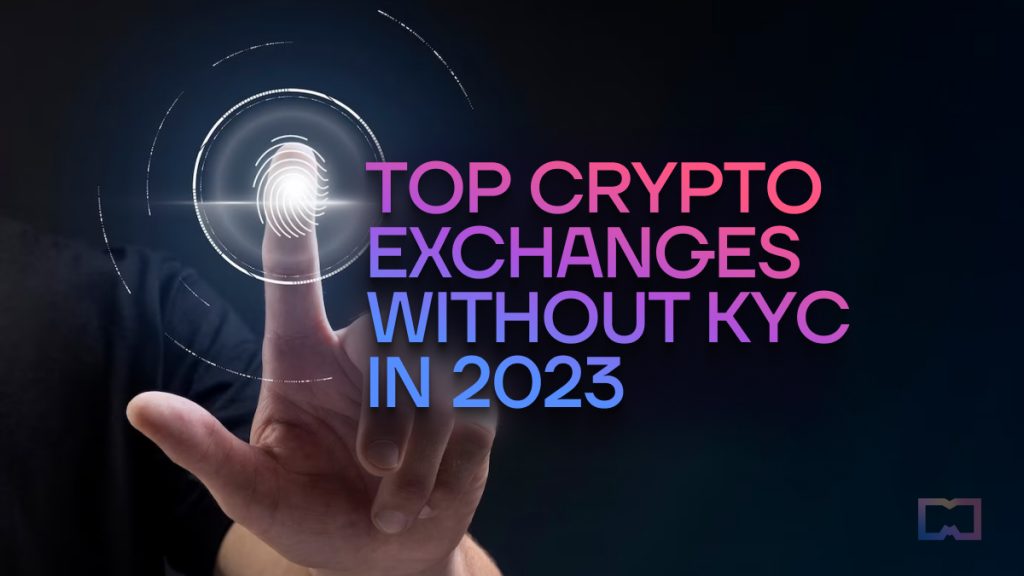
Non-KYC (Know Your Customer) crypto exchanges have become increasingly popular among cryptocurrency enthusiasts in recent years. These exchanges allow users to buy, sell, and trade cryptocurrencies without having to go through the process of verifying their identity. This makes them an attractive option for individuals who value their privacy and anonymity, or for those who live in countries with very strict KYC regulations.
Why people use non-KYC exchanges
One of the primary reasons people use non-KYC crypto exchanges is for privacy. With KYC exchanges, users have to provide personal information such as their name, address, and ID card. This information is stored on the exchange’s servers, potentially leaving users at risk of personal data breaches. Non-KYC exchanges don’t require this information, providing users with an added layer of anonymity.
Benefits and risks of using non-KYC exchanges
While non-KYC crypto exchanges have their benefits, they also come with risks. As they don’t require verification of identity, non-KYC exchanges are often targeted by scammers and hackers. This can result in users losing their funds or falling victim to fraudulent schemes. As such, it’s important for users to carefully consider a number of factors when choosing a non-KYC exchange, including the exchange’s reputation, security features, and user reviews.
In this listicle, we’ll highlight some of the best non-KYC crypto exchanges currently available, as well as the key features that users should consider. Whether you’re a seasoned crypto trader or just starting out, this guide will help you make an informed decision when it comes to choosing a non-KYC exchange.
Non-KYC exchange spreadsheet
| Exchange | Founded in | Listed cryptocurrencies | Trading pairs | Supported FIAT currencies | Supported countries | Trading fees | Withdrawal fees |
| Uniswap | 2018 | 925 | 1683 | n/a | Worldwide | 0.3% | n/a |
| Sushiswap | 2020 | 421 | 621 | n/a | Australia, Thailand, Canada, United States, United Kingdom, South Africa, Singapore, Hong Kong, India, France, Germany, Norway, Sweden, Italy, Denmark, United Arab Emirates, Saudi Arabia, Kuwait, Luxembourg, Qatar | 0.3% | n/a |
| dYdX | 2017 | 36 | 38 | n/a | Worldwide, excluding Burma, Cote D’Ivoire (Ivory Coast), Cuba, Democratic Republic of Congo, Iran, Iraq, Libya, Mali, Nicaragua, Democratic People’s Republic of Korea (North Korea), Somalia, Sudan, Syria, Yemen, Zimbabwe. | Takers: 0.05% Makers: 0.02%. | n/a |
| ProBit Global | 2018 | 800+ | 590 | n/a | Worldwide, excluding Albania, Algeria, Barbados, Bangladesh, Botswana, Bolivia, Cambodia, Cuba, Ghana, Ecuador, Iraq, Jamaica, Morocco, Mauritius, Myanmar, North Korea, Nepal, Pakistan, Panama, Singapore, Syria, Sri Lanka, the US, Uganda, Yemen, Venezuela, Zimbabwe. | 0.2% | Depends on the cryptocurrency withdrawn. |
| Hodl Hodl | 2018 | BTC | n/a | 26 | Worldwide except North Korea, Iraq, Syria, and Sudan. | 0.6% | n/a |
| Coinex | 2017 | 662 | 971 | 60+ | Worldwide, except countries where cryptocurrency trading is prohibited. | 0.1% | Depends on the cryptocurrency withdrawn. |
Non-KYC Exchanges
Uniswap

Uniswap is a decentralized non-KYC protocol that operates on the Ethereum blockchain. Users can trade various ERC-20 tokens on the platform using smart contracts without the need for a centralized exchange.
It uses automated market making algorithms to provide liquidity, and users can swap tokens without needing a counterparty. While there is a risk of impermanent loss due to the automated market making algorithms, Uniswap is popular for its high liquidity, low fees compared to centralized exchanges, and the ability to maintain privacy without going through a KYC process.
Pros:
- No KYC required, allowing users to remain anonymous.
- Low fees compared to centralized exchanges.
- High liquidity due to its use of automated market making algorithms.
Cons:
- Risk of impermanent loss due to the automated market making algorithms.
- Limited selection of tokens available for trade.
- Users must have an Ethereum wallet to use the platform.
Sushiswap
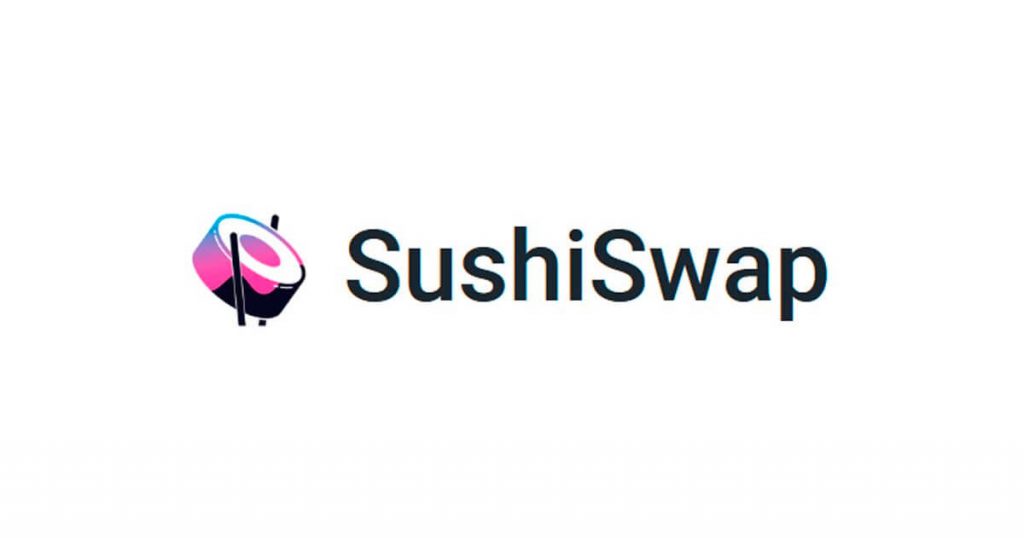
Founded by pseudonymous open-source developers Chef Nomi and 0xMaki, Sushiswap is a decentralized exchange that was initially created as a fork of Uniswap. Like Uniswap, it is a non-KYC exchange operates on the Ethereum blockchain, and users can trade various ERC-20 tokens using smart contracts.
Sushiswap offers a wider selection of tokens compared to Uniswap and has high liquidity due to its use of automated market-making algorithms. While it shares similar risks of impermanent loss with Uniswap, Sushiswap is less established and therefore may be subject to more volatility.
Pros:
- No KYC required, providing users with privacy.
- Offers a wider selection of tokens compared to Uniswap.
- High liquidity due to its use of automated market making algorithms.
Cons:
- Similar risks of impermanent loss as Uniswap.
- May be more volatile than Uniswap.
- Users must have an Ethereum wallet to use the platform.
dYdX
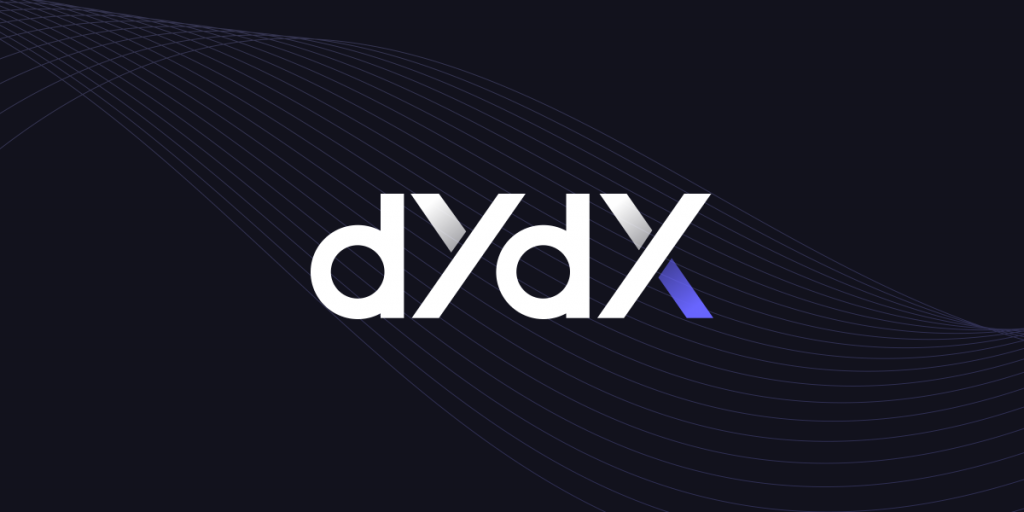
dYdX is a decentralized exchange that operates on the Ethereum blockchain and allows users to trade various ERC-20 tokens and ETH using smart contracts. It is a non-KYC exchange, meaning users can maintain their privacy without providing any personal information.
The exchange offers high liquidity due to its use of margin trading and has a small selection of tokens. However, there is a risk of liquidation when using margin trading, and users must have an Ethereum wallet to use the platform. Additionally, there are limited trading pairs available on dYdX.
Pros:
- No KYC required, providing users with privacy.
- High liquidity due to its use of margin trading.
Cons:
- Risk of liquidation when using margin trading.
- Requires users to have an Ethereum wallet to use the platform.
- Limited number of tokens and trading pairs available.
ProBit

Probit Global is a centralized exchange established in 2018 that offers optional KYC. There are more than 800 cryptocurrencies for trade available on the exchange, and it has high security standards with two-factor authentication and cold storage for funds. However, the centralized nature of the exchange means that users may not have full control over their funds, and trading fees are relatively high compared to other exchanges.
Pros:
- No KYC required, providing users with privacy.
- Two-factor authentication and cold storage for funds.
Cons:
- Centralized nature of the exchange means that it may be more vulnerable to hacks or theft.
- Trading fees are relatively high compared to other exchanges.
- Limited trading pairs available.
Hodl Hodl
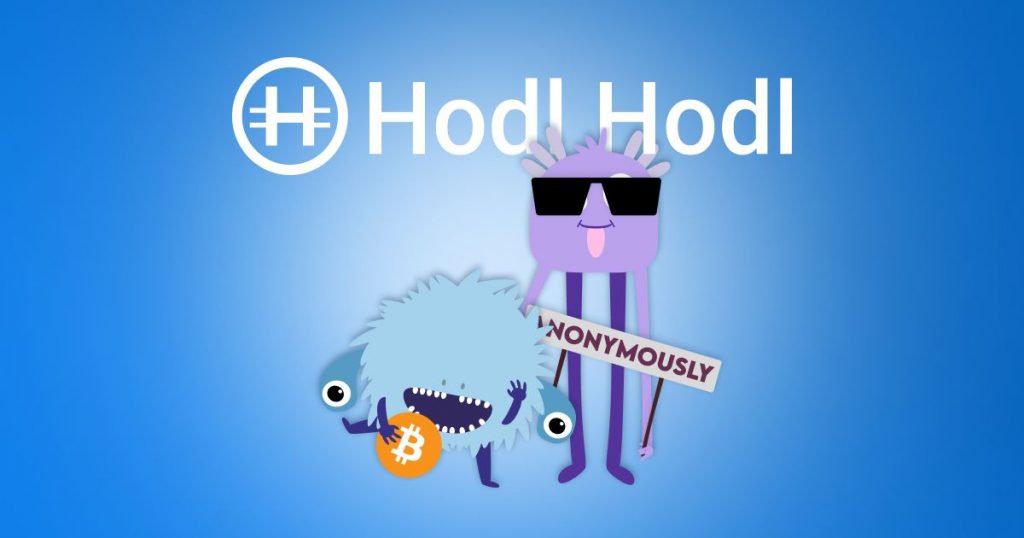
Hodl Hodl is a peer-to-peer (P2P) cryptocurrency exchange that operates on a non-KYC basis. It offers users the ability to trade BTC without the need for KYC verification. The exchange acts as an escrow service during trades, holding the funds until both parties are satisfied with the transaction, and charges a flat 0.6% fee on all trades.
It offers a user-friendly platform with a simple interface. While Hodl Hodl may have lower liquidity compared to centralized exchanges, it is a popular choice for those who value privacy and decentralization.
Pros:
- Offers a high level of privacy and anonymity due to the non-KYC verification process.
- Escrow service reduces the risk of fraud.
- Charges a lower fee (0.6%) compared to other P2P exchanges.
Cons:
- Lower liquidity could affect the speed and efficiency of trades.
- Only supports BTC trading.
- Being a P2P exchange, users may need to have a certain level of technical knowledge to use the platform.
CoinEx
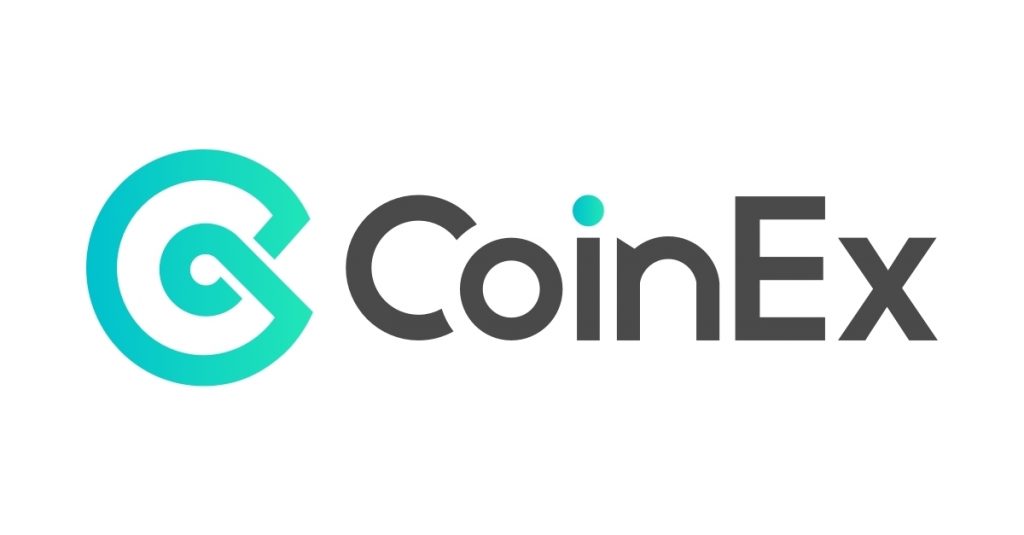
CoinEx is a Hong Kong-based centralized cryptocurrency exchange that operates on a non-KYC basis. It offers users the ability to trade a wide variety of cryptocurrencies, including Bitcoin, Ethereum, and Ripple, and charges a flat trading fee of 0.1%.
The exchange also boasts a user-friendly interface with two-factor authentication and cold storage for funds, and a mobile app for trading on the go. Coinex is a popular choice for those who value the convenience and speed of centralized exchanges without compromising their privacy through KYC verification.
Pros:
- Offers a wide range of cryptocurrencies for trading.
- Charges a lower trading fee of 0.1%.
- Offers a user-friendly interface and a mobile app for trading on the go.
Cons:
- Being a centralized exchange, users need to trust Coinex to hold their funds securely.
| Read more: Top 10 Crypto Exchanges in Japan in 2023 |
FAQ
Their regulatory status can vary depending on the country or region. Users should research their local laws and regulations regarding cryptocurrency exchanges before using non-KYC platforms.
Non-KYC crypto exchanges offer a higher level of privacy and anonymity, as users are not required to submit personal identification documents to the exchange. This can be beneficial for users who prioritize privacy and decentralization.
Non-KYC crypto exchanges may have lower security standards compared to regulated exchanges, which could make them more vulnerable to hacks or theft. Additionally, users may be at a higher risk of scams or fraudulent activity due to the lack of KYC verification.
When choosing a non-KYC crypto exchange, users should research the exchange’s reputation, security measures, and user reviews. It is important to choose a reputable and trustworthy exchange to minimize the risk of fraud or theft. Additionally, users should be aware that non-KYC exchanges may have lower liquidity and slower transaction times compared to regulated exchanges.
Conclusion
As cryptocurrency comes under increased regulatory scrutiny, the number of non-KYC exchanges is shrinking year after year. Despite the pressure faced by non-KYC exchanges, the debate over the benefits and drawbacks of KYC requirements continues. While crypto purists argue that privacy and anonymity are part of the core principles of cryptocurrency, authorities believe that KYC can help prevent fraud and money laundering.
Ultimately, the decision to use a non-KYC or KYC exchange comes down to personal preference and individual risk tolerance. It’s important for users to research and understand the policies and potential risks of any exchange they choose to use. While the future of non-KYC exchanges remains uncertain, the principles of decentralization that they represent will continue to play an important role in the development and growth of the cryptocurrency ecosystem.
Read more:
Disclaimer
In line with the Trust Project guidelines, please note that the information provided on this page is not intended to be and should not be interpreted as legal, tax, investment, financial, or any other form of advice. It is important to only invest what you can afford to lose and to seek independent financial advice if you have any doubts. For further information, we suggest referring to the terms and conditions as well as the help and support pages provided by the issuer or advertiser. MetaversePost is committed to accurate, unbiased reporting, but market conditions are subject to change without notice.
About The Author
Cindy is a journalist at Metaverse Post, covering topics related to web3, NFT, metaverse and AI, with a focus on interviews with Web3 industry players. She has spoken to over 30 C-level execs and counting, bringing their valuable insights to readers. Originally from Singapore, Cindy is now based in Tbilisi, Georgia. She holds a Bachelor's degree in Communications & Media Studies from the University of South Australia and has a decade of experience in journalism and writing. Get in touch with her via [email protected] with press pitches, announcements and interview opportunities.
More articles

Cindy is a journalist at Metaverse Post, covering topics related to web3, NFT, metaverse and AI, with a focus on interviews with Web3 industry players. She has spoken to over 30 C-level execs and counting, bringing their valuable insights to readers. Originally from Singapore, Cindy is now based in Tbilisi, Georgia. She holds a Bachelor's degree in Communications & Media Studies from the University of South Australia and has a decade of experience in journalism and writing. Get in touch with her via [email protected] with press pitches, announcements and interview opportunities.

















































